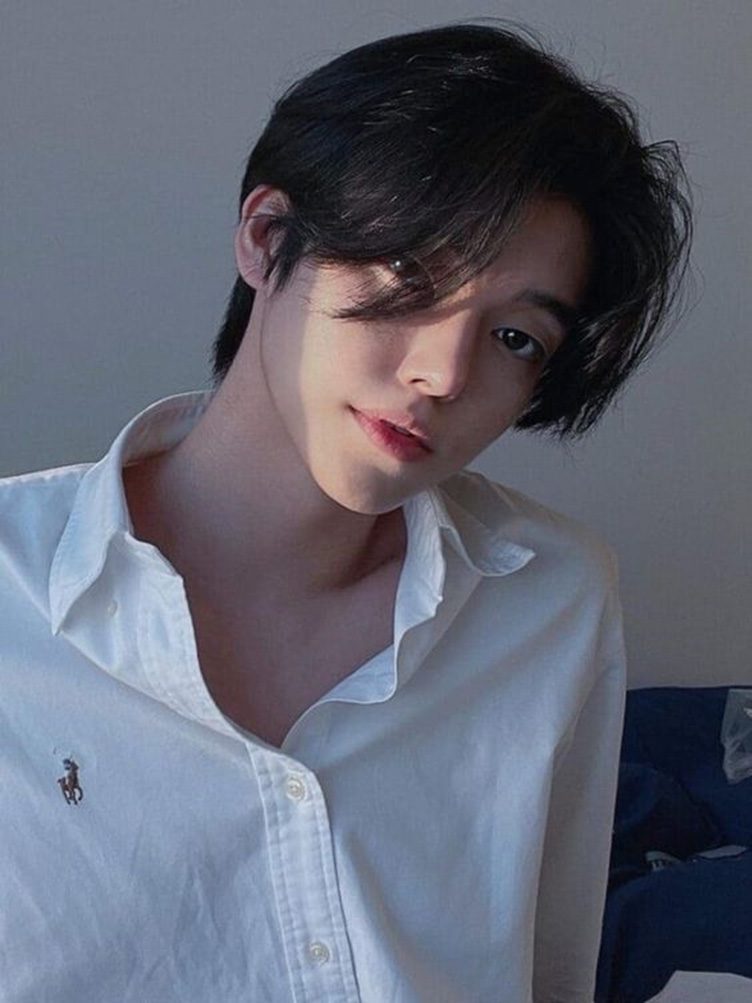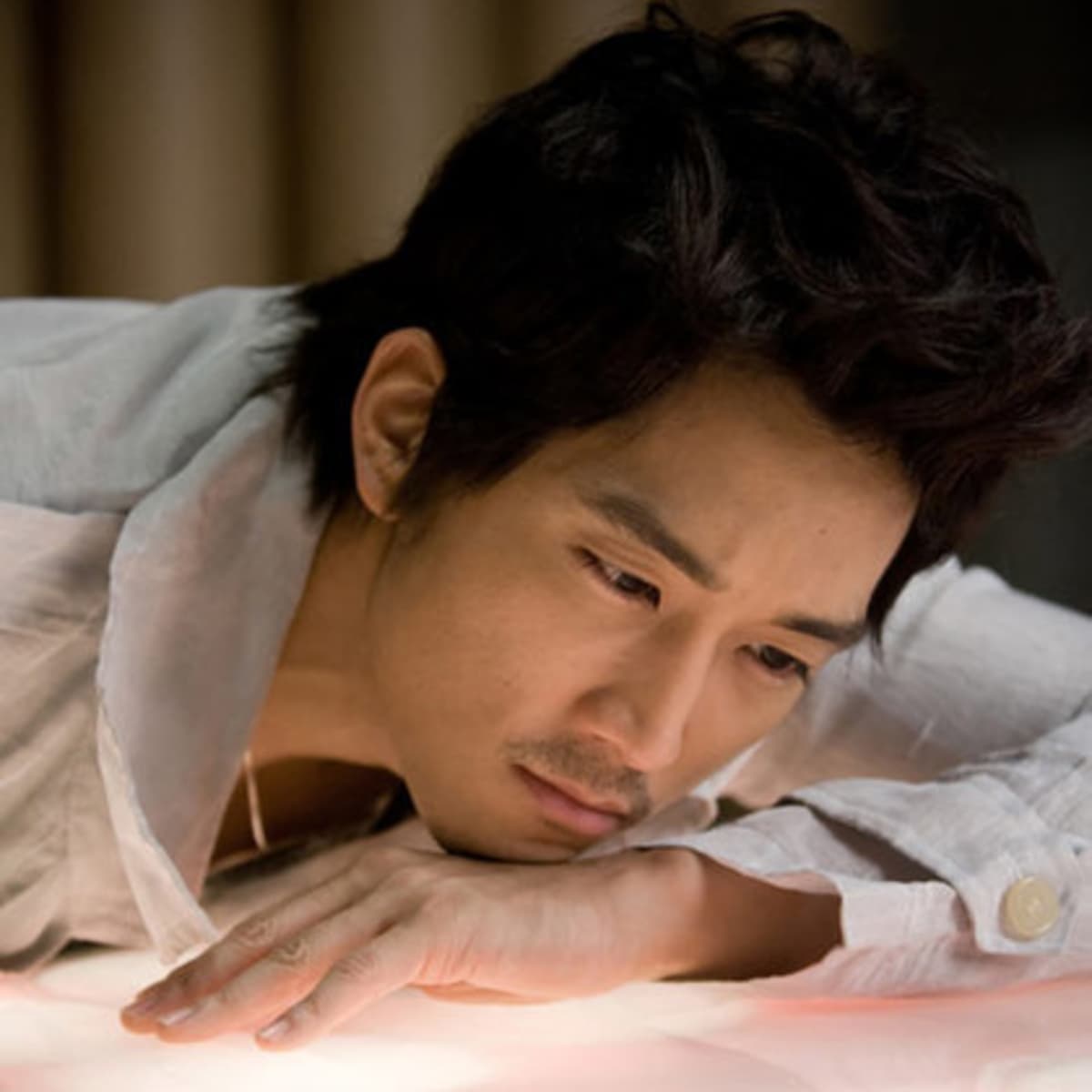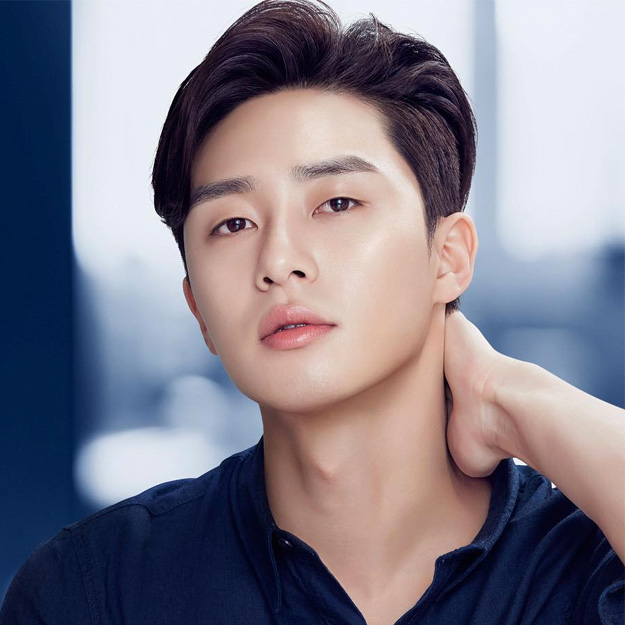

Introduction
In the vibrant tapestry of Korean culture, men hold a unique and significant position. Shaped by centuries of tradition, societal norms, and the dynamic forces of modernity, Korean men embody a complex blend of traditional values and contemporary aspirations. This exploration delves into the multifaceted world of Korean men, examining their physical attributes, personality traits, social roles, contributions to society, and representations in popular culture.
Defining Korean Men
Korean men, encompassing those born and raised in Korea as well as those of Korean descent residing worldwide, represent a diverse group with shared cultural roots. Their identity is intertwined with the history and traditions of Korea, a nation that has long valued family, respect, and hard work.
Cultural Significance of Korean Men
Within Korean society, men play a pivotal role as providers, protectors, and leaders. They are expected to uphold filial piety, honoring their parents and ancestors. Additionally, they are often seen as the primary breadwinners, ensuring the well-being of their families.
Physical Appearance
Korean men are generally characterized by their youthful appearance, often maintaining a slim build well into their later years. Their facial features typically include a defined jawline, prominent cheekbones, and single eyelids. Their fashion sense tends towards a sleek and sophisticated style, often incorporating elements of traditional Korean attire.
Personality Traits
Korean men are often described as family-oriented, placing a high value on their relationships with parents, siblings, and spouses. They are also known for their respectful nature, demonstrating deference to elders and those in positions of authority. Their work ethic is often lauded, as they are dedicated to their careers and strive to achieve success. Additionally, they are often perceived as intelligent and sensitive, with a deep appreciation for art, music, and literature.
Social Roles
Korean men traditionally assume the role of providers, ensuring the financial stability of their families. They are also seen as protectors, safeguarding their loved ones from harm. Moreover, they often take on leadership positions, both within their families and in society at large. As husbands, they are expected to be supportive and loving partners, while as fathers, they are responsible for guiding and nurturing their children.
Contributions to Korean Society
Korean men have made significant contributions to Korean society in various spheres. Economically, they have played a crucial role in driving the nation’s rapid industrialization and technological advancements. Culturally, they have enriched Korean heritage through their artistic expressions, culinary creations, and fashion innovations. In the military, they have served with dedication and valor, safeguarding the nation’s security. Politically, they have contributed to the country’s democratic development, holding positions of leadership and shaping public policy.
Stereotypes and Misconceptions
Despite their multifaceted nature, Korean men are often subjected to stereotypes and misconceptions. The “gentle giant” stereotype portrays them as physically strong yet emotionally reserved. The “mama’s boy” stereotype suggests an overdependence on their mothers. The “emotionless” stereotype paints them as stoic and inexpressive. Finally, the “workaholic” stereotype highlights their dedication to their careers at the expense of personal relationships.
Representations in Popular Culture
Korean men have gained global recognition through their portrayal in popular culture, particularly K-pop idols, Korean dramas, and Korean films. K-pop idols, with their charismatic performances and stylish appearances, have captivated audiences worldwide.
Korean Men in the Diaspora
Korean men who have immigrated to Western countries face unique challenges and opportunities. They often encounter cultural differences, language barriers, and potential discrimination. However, they also have the chance to embrace new perspectives, expand their professional networks, and contribute to their adopted communities. Preserving their cultural identity while navigating these new environments is a crucial aspect of their experience.
Future Outlook
As Korean society undergoes rapid transformation, the roles and expectations of Korean men are also evolving. Changing gender dynamics are challenging traditional notions of masculinity, while the pursuit of individual fulfillment is gaining prominence. In this evolving landscape, Korean men are redefining their identities, balancing their cultural heritage with contemporary aspirations.
Conclusion
Korean men, shaped by a rich cultural heritage and influenced by modern trends, represent a dynamic and multifaceted group. Their contributions to Korean society and their growing visibility on the global stage make them a significant force in shaping the world around them. As Korea continues to evolve, the roles and perceptions of Korean men will undoubtedly undergo further transformation, adding new dimensions to their unique identity.
Part XI: Dating and Relationships
Korean dating culture has its own set of customs and expectations. Men often take the initiative in asking someone out and may plan elaborate dates. Confessions of feelings are often formalized events. Dating can be a group activity, with couples spending time with friends. While traditional ideas about gender roles still exist, modern couples are increasingly seeking equality in relationships.
Hobbies and Interests
Beyond their careers and social obligations, Korean men enjoy a variety of hobbies and interests. Gaming, both online and offline, is a popular pastime. Many follow K-pop or watch Korean dramas. Outdoor activities like hiking and camping are gaining popularity. Additionally, Korean men have a strong foodie culture, enjoying trying new cuisines and spending time at cafes with friends.
Mental Health and Well-being
The demanding work culture in Korea can place a significant burden on men’s mental health. Social pressures to succeed and expectations to prioritize work over personal needs can lead to stress and anxiety. However, there is growing awareness about the importance of mental health. Initiatives are emerging to encourage men to seek help and address these issues openly.
Military Service
South Korea enforces mandatory military service for all able-bodied men between the ages of 18 and 28. This service can last for up to 21 months and is a significant aspect of Korean men’s lives. It instills discipline, patriotism, and a sense of camaraderie. However, the rigors of military training and the potential for deployment can be challenging. Despite these difficulties, completing military service is often seen as a rite of passage and a source of national pride for Korean men.
Fashion Trends
Streetwear and athleisure are also popular choices, offering a balance between comfort and style. This focus on fashion reflects a growing emphasis on self-expression and individuality among Korean men.
